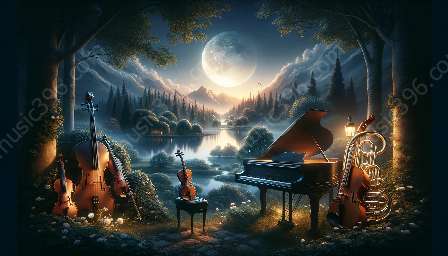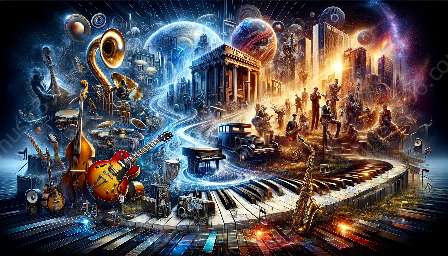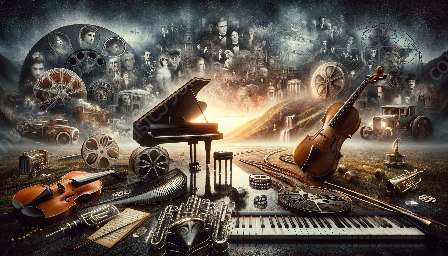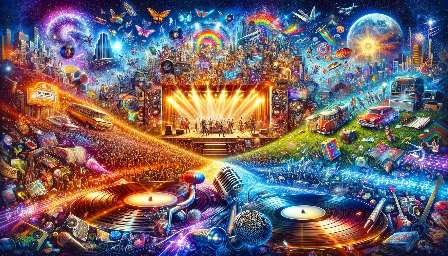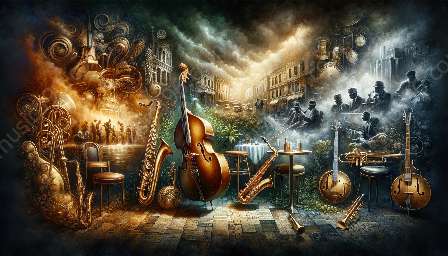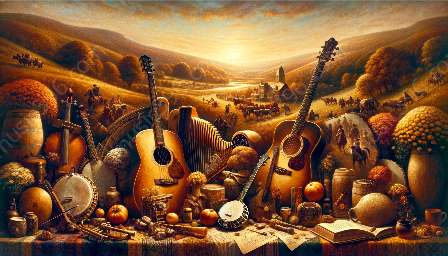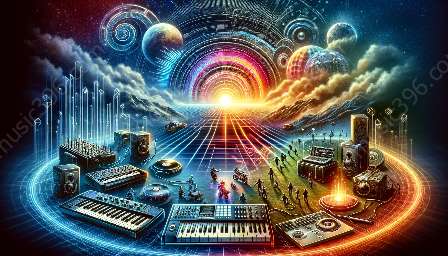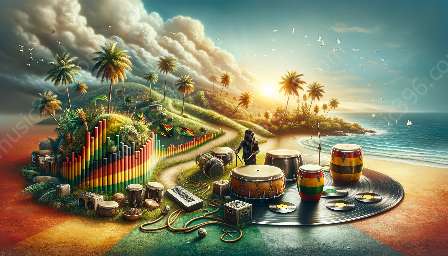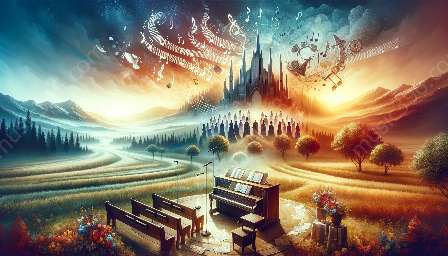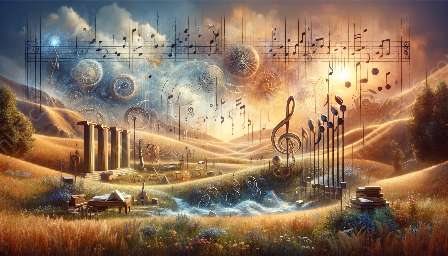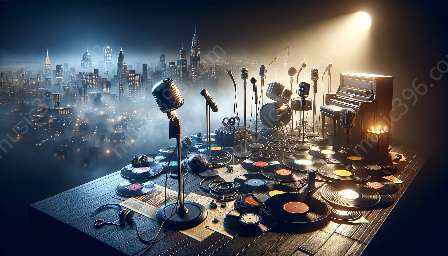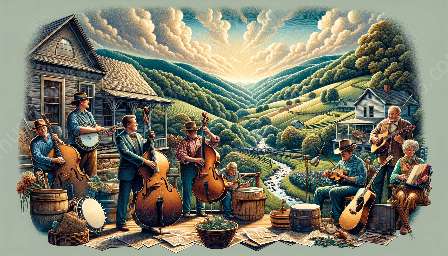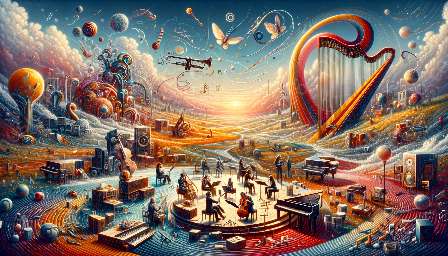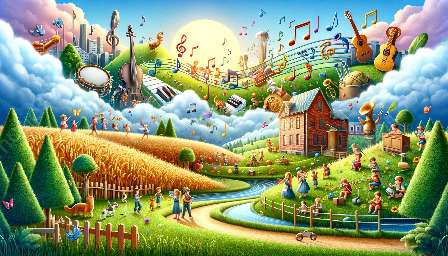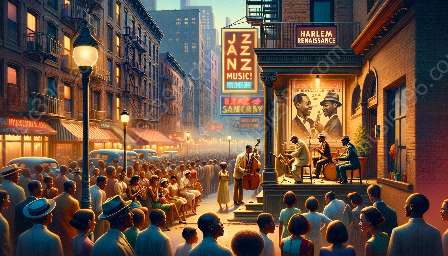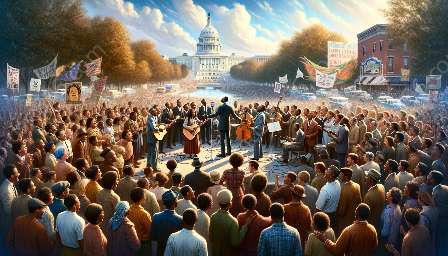Music and technology have been intertwined for centuries, with technological advancements influencing popular music genres and shaping the evolution of sound. In the 20th century, this relationship reached new heights, leading to profound changes in how music was created, produced, and consumed. This article delves into the impact of technology on popular music genres, tracing the evolution of sound and its significance in the history of music.
The Birth of Recorded Music
At the turn of the 20th century, the invention of the phonograph revolutionized the music industry. For the first time, sound could be captured and reproduced, marking the beginning of the era of recorded music. This innovation laid the foundation for the proliferation of popular music genres, as artists and musicians saw new opportunities for reaching audiences beyond live performances.
Electric Instruments and Amplification
During the early 20th century, the introduction of electric instruments and amplification technologies transformed the sonic landscape of music. Electric guitars, basses, and keyboards paved the way for the development of rock and roll, blues, and jazz, among other popular music genres. The ability to amplify sound also led to the rise of larger concert venues and stadium performances, forever changing the live music experience.
The Rise of Digital Recording
By the latter half of the 20th century, digital recording technology had become a game-changer in the production of popular music. The transition from analog to digital recording allowed for greater precision, editing capabilities, and the integration of synthesizers and electronic effects. This technological shift gave birth to new music genres such as electronic dance music (EDM), hip-hop, and pop, which relied heavily on digital production techniques.
The Impact of Sampling and Sampling Technologies
Sampling, the practice of reusing and repurposing existing recordings in new compositions, became prevalent in popular music genres during the latter half of the 20th century. Technologies such as samplers and digital audio workstations (DAWs) democratized the process of creating music, empowering artists to experiment with diverse sounds and genres. Sampling played a pivotal role in the development of genres like rap, electronic, and pop, blurring the boundaries of musical styles and fostering innovation.
Internet and Digital Distribution
The advent of the internet and digital distribution platforms revolutionized the way music was consumed and shared. With the rise of file-sharing websites, streaming services, and social media, popular music genres found new avenues for reaching global audiences. This digital landscape not only changed the way music was distributed but also influenced the creation of new music genres as artists were exposed to a diverse array of influences and collaborations.
Virtual Instruments and Music Production Software
In the 21st century, virtual instruments and music production software have further transformed the creation and production of popular music genres. Artists and producers now have access to a myriad of virtual instruments, effect plugins, and recording tools, enabling them to craft intricate and innovative sounds across a wide spectrum of genres. This technological evolution has broadened the sonic palette of popular music, giving rise to genres that incorporate elements of electronic, experimental, and hybrid styles.
Conclusion
Technology has continually reshaped the landscape of popular music genres, fueling innovation, creativity, and diversity in sound. From the birth of recorded music to the proliferation of digital production tools, the evolution of sound in the 20th century has been a testament to the symbiotic relationship between technology and music. As we look to the future, it is certain that further technological advancements will continue to inspire new music genres and redefine the way we experience and appreciate music.





